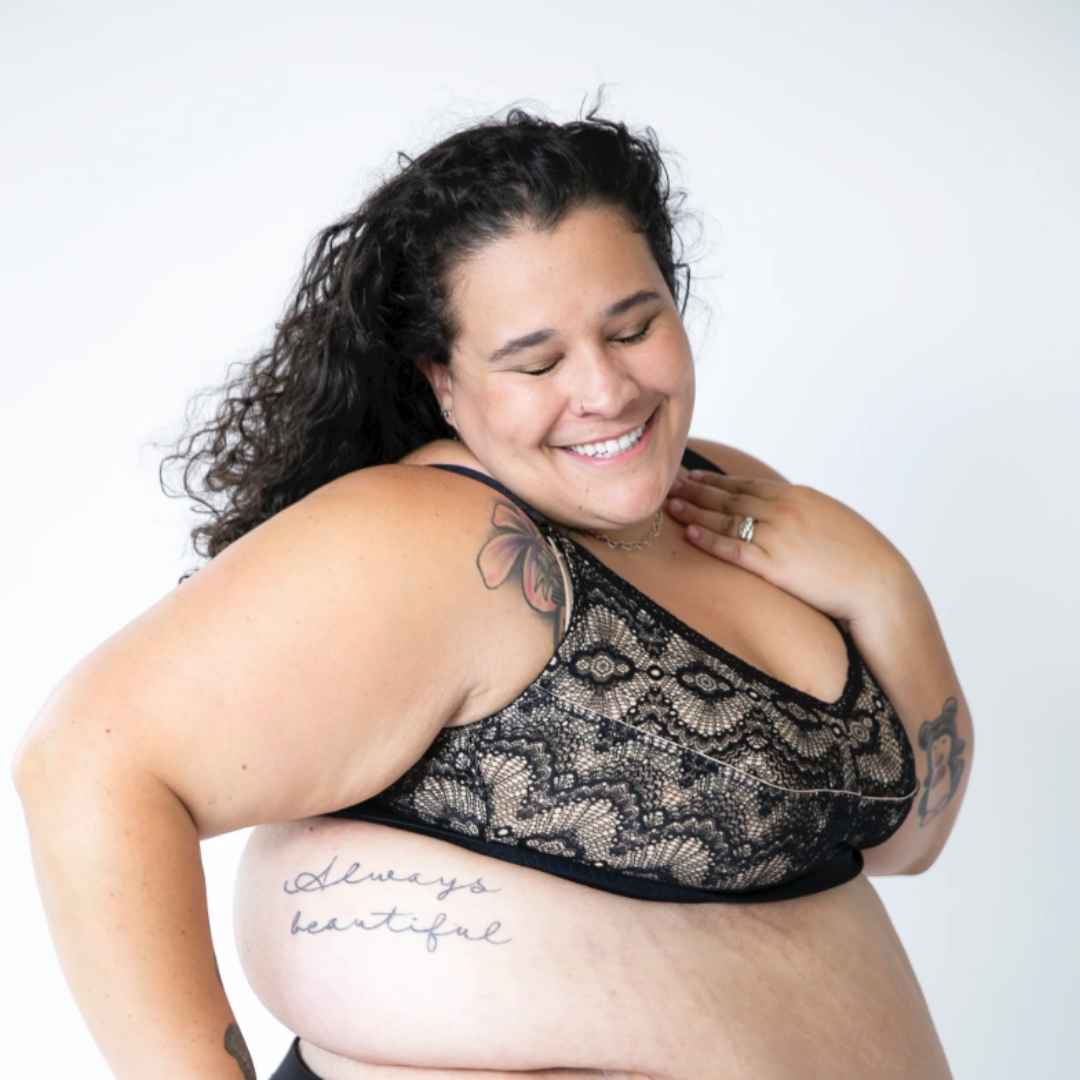You don’t have to look very far to see the potential benefits that breastfeeding can bring to you and your baby. Many women begin their breastfeeding journey without really thinking about a timeline of when they will begin to wean their little ones.
When it comes to extended breastfeeding (it can mean different timelines in different cultures, but for those of us in the United States, it’s typically considered about 1 to 2 years), the World Health Organization and American Academy of Pediatrics encourage you to continue to breastfeed as long as it is sustainable for you and your child. With so many positives and no medical drawbacks, breastfeeding after 1 year can have extended benefits.
Boosts Baby’s Immune System
Breastmilk offers a variety of health benefits for your baby, ranging from lessening the chance of upset stomach issues to giving them an internal boost from common problems such as ear infections or respiratory infections. Breastfed babies are also at a lower risk for SIDs due to how the body breaks down the milk.
These benefits definitely don’t stop after they get past one-and-a-half years of age. Breastmilk helps growing babies build a strong immune system for as long as they consume it. This gives your baby less risk of illness or can shorten the length of time he/she suffers from common colds or even lessen the severity of illnesses overall.
Provides Personalized Nutrition
There are a variety of formulas available on the market, and they can be a great option when providing breastmilk is challenging or not an option. However, breastmilk is natural, free and a gold standard for nutritional benefits to meet all of your baby’s needs in the first year of life and beyond.
One of the most unique features is that the composition of breastmilk changes with your baby to fill in gaps that your child might be missing as they start trying new foods and determine whether or not they will be picky eaters. After they cross that one-year mark and begin trying solid foods and discovering different tastes, keeping the nutritional benefits of human milk is a great way to round out their overall diet.
With your milk supply being full of vital nutrients such as protein, calcium, Vitamin A, and fat, to name a few, it’s easy to see how these can benefit your baby long after they outgrow their all-milk infant diet.
Increases Baby’s Brain Development
Extended breastfeeding is the best way to get all of the developmental benefits that breastfeeding has to offer. While studies are a little bit hard to get exactly right, as you have so many different factors and pieces in play with each individual situation, there have been multiple ones completed touting the positive effects of breastmilk in premature infants and babies that have spent time in the NICU.
Offers Comfort and Security
Breastfed babies tend to find comfort and security during feeding, no matter the length of time that they nurse. It is one of the many reasons babies need their mommas and has not been shown to cause any kind of developmental harm in the long run.
One of the best things for a mom is that she can easily calm her child by simply nursing anywhere she might be instead of trying to find a favorite toy or blanket.
Benefits for Mom
Extended breastfeeding can sometimes be stressful for moms as it takes out some of the things that other family members might be able to do to help as your baby and list of demands tend to grow. This is where moms will need to look at the overall benefits and ask for help in other areas that can take some of the load off of their plate.
A few of the most important benefits for moms when it comes to extended breastfeeding include lowering the risk of certain cancers and other health issues, as well as having guaranteed quality time with your baby.
Lowers the Risk of Certain Cancers and Other Health Issues
The longer you are able to breastfeed, the more you lessen your risk of breast cancer, ovarian cancer, endometrial cancer, heart disease, high blood pressure, and cardiovascular disease. When your body is creating milk and going through that process, you are exposed less to hormones and ovulation, which all work in your overall favor without even knowing it!
Quiet, Quality Time with Baby
Breastfeeding past infancy is a great way to sneak in some quiet time with your child and help boost your overall mental health. The toddler stage can be very demanding and draining, but having that innate connection for just you and your child as they grow and develop can be a nice moment to recharge for you both.
If you are wondering how long you should breastfeed or are having issues along your journey, there are many resources out there to help along the way. A few of our favorites include your local healthcare provider, lactation consultants, support groups with other moms going through similar stages, as well as the National Breastfeeding Hotline. A lot of the information out there is geared towards newborn breastfeeding, but if you are able to dig just a little bit deeper, you can find great resources on supporting your breastfeeding journey as long as you and your child want to continue to reap the benefits.







Leave a comment
All comments are moderated before being published.
This site is protected by hCaptcha and the hCaptcha Privacy Policy and Terms of Service apply.